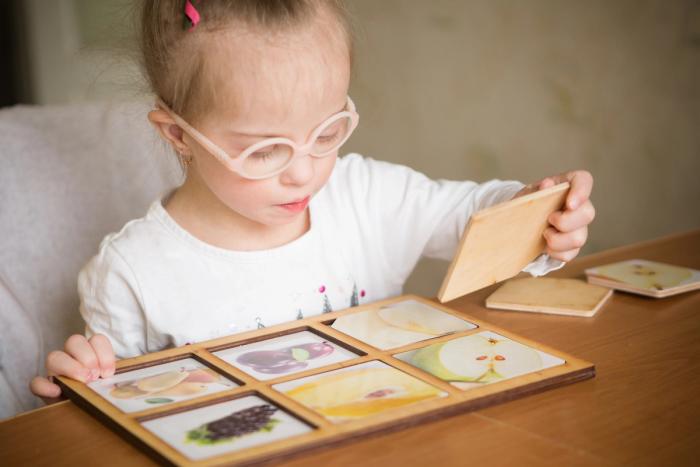Jump Start to AAC: Rethinking AAC Participation and Services
This session will provide an introduction to Augmentative and Alternative Communication (AAC) systems. We will bust common AAC myths such as the candidacy model and the expert model. We will discuss who can benefit from AAC and best practices. We will provide definitions for common terms you will hear throughout the conference such as Aided Language Input, and robust AAC. This session will also discuss language variety, bidialectalism, and bilingualism. We will discuss the different forms of AAC and how and why centering and understanding an individual's cultural heritage and language experiences inform our practices. We will identify and discuss barriers to accessing services based on our professional, clinical experiences and the AAC research literature. Lastly, this session will outline and discuss actionable steps that practitioners can immediately utilize to mitigate some of these barriers; discuss solutions such as utilizing a family-centered approach; and how to implement a culturally responsive approach to assessments, device selection, service delivery, and implementation of tools.
Explore Course